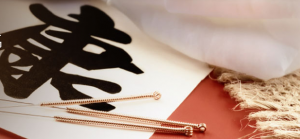Acupuncture has been around for thousands of years, people knowing about its benefits and uses long before the modern world caught on. Now, researchers at RMIT University, Melbourne, recently published a study into the use of acupuncture to treat pain and nausea in emergency room patients.
The study involved providing acupuncture along with usual medical care to 200 patients presenting at the Northern Hospital Emergency Department in Melbourne, Australia over an eight-month period. All participants presented with pain and/or nausea. A second group of 200 participants received usual care only.
‘Musculoskeletal conditions were the most common conditions treated, followed by abdominal pain.
Following acupuncture treatment, pain and nausea scores reduced significantly, and improvements were greater than those of the group receiving usual care only. More than half (57%) of the acupuncture group reported a satisfaction score of 10 for acupuncture treatment, with 52.5% also reporting that they were definitely willing to have further treatments. A further 31.8% responded that they would probably be willing to have further treatments. Adverse reactions were ‘rare (2%) and mild’.
The researchers concluded that emergency department acupuncture appears safe and acceptable for patients with pain and/or nausea. Furthermore, the use of integrative medicine (acupuncture with usual biomedical approaches) may be effective at reducing pain and nausea.
Another trial evaluating the effectiveness of acupuncture as analgesia in the emergency departments of four Melbourne hospitals is currently underway. Early results released by the researchers indicate that acupuncture was found to be as effective as pain-relieving drugs. The full study is expected to be published this year.


